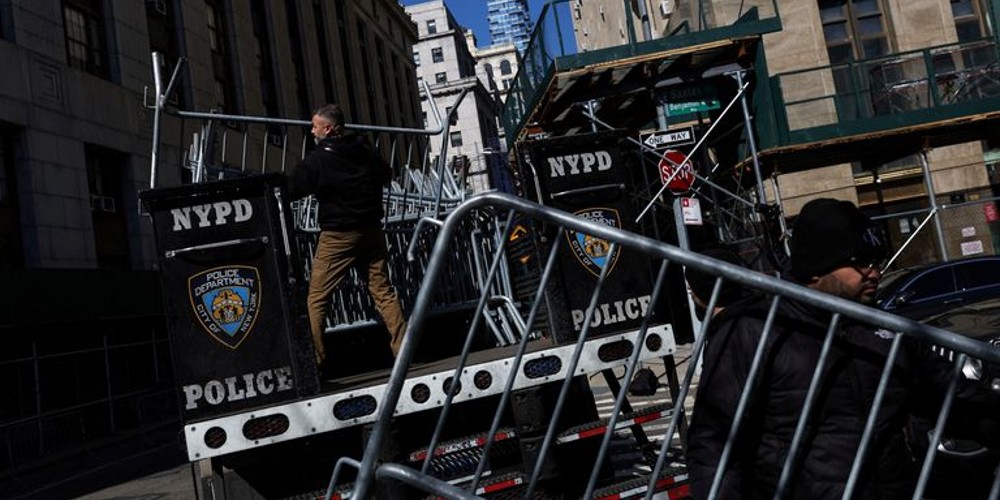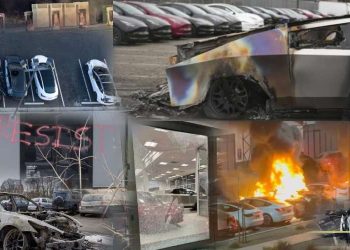The Feds are waiting. Antifa is waiting. Corporate media are waiting. Democrats are waiting. They’re all licking their lips in anticipation of another January-6-style incident in which unsuspecting patriots are manipulated into breaking laws and making a mockery of the America First movement as they protest on Tuesday on behalf of President Donald J. Trump.
Conservative commentator Jesse Kelly explained why you probably shouldn’t go to a protest in a thread on Twitter:
Here’s why you shouldn’t protest in blue cities and why you should DEFINITELY stay out of NYC tomorrow. Remember Mike Tyson? We all watched him knock people’s heads off for a living. But you know what we didn’t watch?
The work. The road miles. The sparring. The bag work. Years and years. Hours and hours of work turned him into that knockout beast we saw on TV. Know why you should stay out of NYC with your protest?
https://twitter.com/JesseKellyDC/status/1642917622495817728
You haven’t done the work. The communist street animals get to protest in those places because they’ve spent DECADES seizing political power in them. Now they’re protected from up on high.
- Gold SKYROCKETED during Trump’s first term and is poised to do it again. Find out how Genesis Precious Metals can help you secure your retirement with a proper self-directed IRA backed by physical precious metals.
But you don’t see that decades of winning local elections and activism. You see the animals in the street and say, “Hey, I should be able to do that too!” But you can’t. You’re not ready to step in the ring with Tyson.
https://twitter.com/JesseKellyDC/status/1642917625645735936
Tyson is dying for you to step in that ring though. ANTIFA has their MAGA outfits ready. You’re already texting with the FBI and you don’t even know it. You’re not trained. You’re soft and unprepared. If you’d followed the @julie_kelly2 reporting on January 6th, you’d know that.
They’re waiting for you. They want you to come. But you can’t yet. Go spend decades winning local elections and putting in the work. The work comes first. That’s all.
https://twitter.com/JesseKellyDC/status/1642917629978451968
He’s not wrong about the consequences for those who plan on protesting, especially if they believe they’re going to be able to march around with impunity like their opposites in Antifa, BLM, or any other leftist groups. As we’ve seen with January 6, one is more likely to get jail time for being a conservative protester in a leftist city than being a rapist or domestic terrorist there.
I’ll be going anyway. No, I’m not going to New York City, but I will be at a local rally in support of President Trump. I won’t be texting with FBI. I won’t be breaking any laws. But I will be exercising my right to assemble and to voice my grievances with government. I can do this because I am disciplined enough to not engage in any activities that will likely get me arrested. Does that mean I won’t be arrested? No. One does not have to be guilty of a crime in the United States of America to be arrested.
With that said, I agree with Kelly’s advice for the vast majority of people out there. We’re angry about what they’re doing to President Trump, the January 6 political prisoners, Doug Mackey, and others. Just know if you’re going to participate, remain in control and do not get sucked into engagements that could get you tossed in the gulag. As I said in the beginning, they’re all waiting for us to step out of line. In fact, they’re going to try to MAKE us step out of line. Don’t take the bait.









